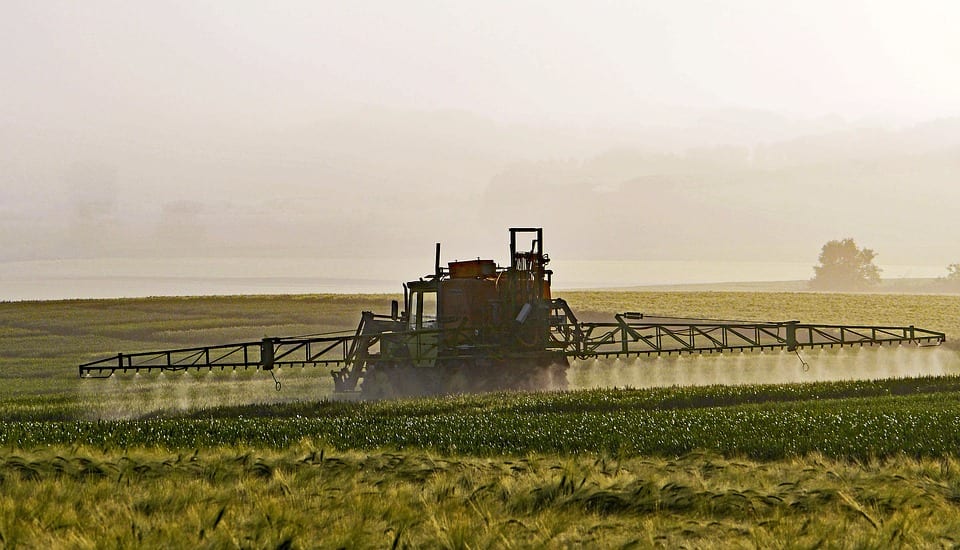As lawsuits against Bayer continue to mount, Germany recently announced plans to ban glyphosate.
Bayer and Monsanto have been in hot water lately and are tangling with multiple lawsuits alleging an ingredient in the herbicide, glyphosate, causes cancer. Unfortunately for Bayer, Germany recently announces that it plans to implement a “complete ban on the key ingredient glyphosate from the end of 2023 as part of an environmental protection program.”

According to representatives from Germany, the country’s government said the plans would help “address concerns about the decreasing number and variety of insects in Germany.” The ban on the controversial ingredient, which was agreed to by the government on Wednesday, was included to help protect the environment and insects by “eliminating the use of glyphosate, which reduces insects’ food source by killing plants.” In addition to the glyphosate ban, Germany’s government also plans to “make 100 million euros ($109.5 million) available annually for insect protection and research efforts.” On top of that, the country also intends to begin cutting back on the use of glyphosate between now and when the ban is implemented.
Germany isn’t the first country to implement a ban on glyphosate, though. In fact, Germany’s ban is only the latest ban. Earlier this year, Austria banned glyphosate and a handful of other countries have already implemented restrictions on the chemical’s use, including Columbia and France. It should be noted, however, that it is “approved until the end of 2022 in Europe.”
For those who don’t know, glyphosate is a chemical used in Roundup, a weedkiller product manufactured and produced by Monsanto. Monsanto is a “U.S. chemical company that Bayer acquired in 2018.” In recent years, news broke over how dangerous glyphosate may be, especially in regard to causing cancer. As a result of that news, both Bayer and Monsanto are facing thousands of lawsuits filed by more than 18,000 plaintiffs over allegations that the glyphosate causes cancer.
So how has Bayer responded to Germany’s decision to ban glyphosate? Well, so far the company said it disagrees with the government’s decision to ban the herbicide. Liam Condon, a member of the Bayer management board and president of its crop science division chimed in and said, “The ruling ignores decades of scientific judgment from independent regulatory agencies around the world that glyphosate is safe when used properly.” The company also issued the following statement:
“Regardless of a ban of glyphosate farmers will still have to control weeds to ensure their harvests. Therefore the amount of forage for insects will not change whatever method is used.”
Additionally, the company noted that the “sales share of glyphosate in Germany is less than 5% of its German crop-science unit.”


Join the conversation!